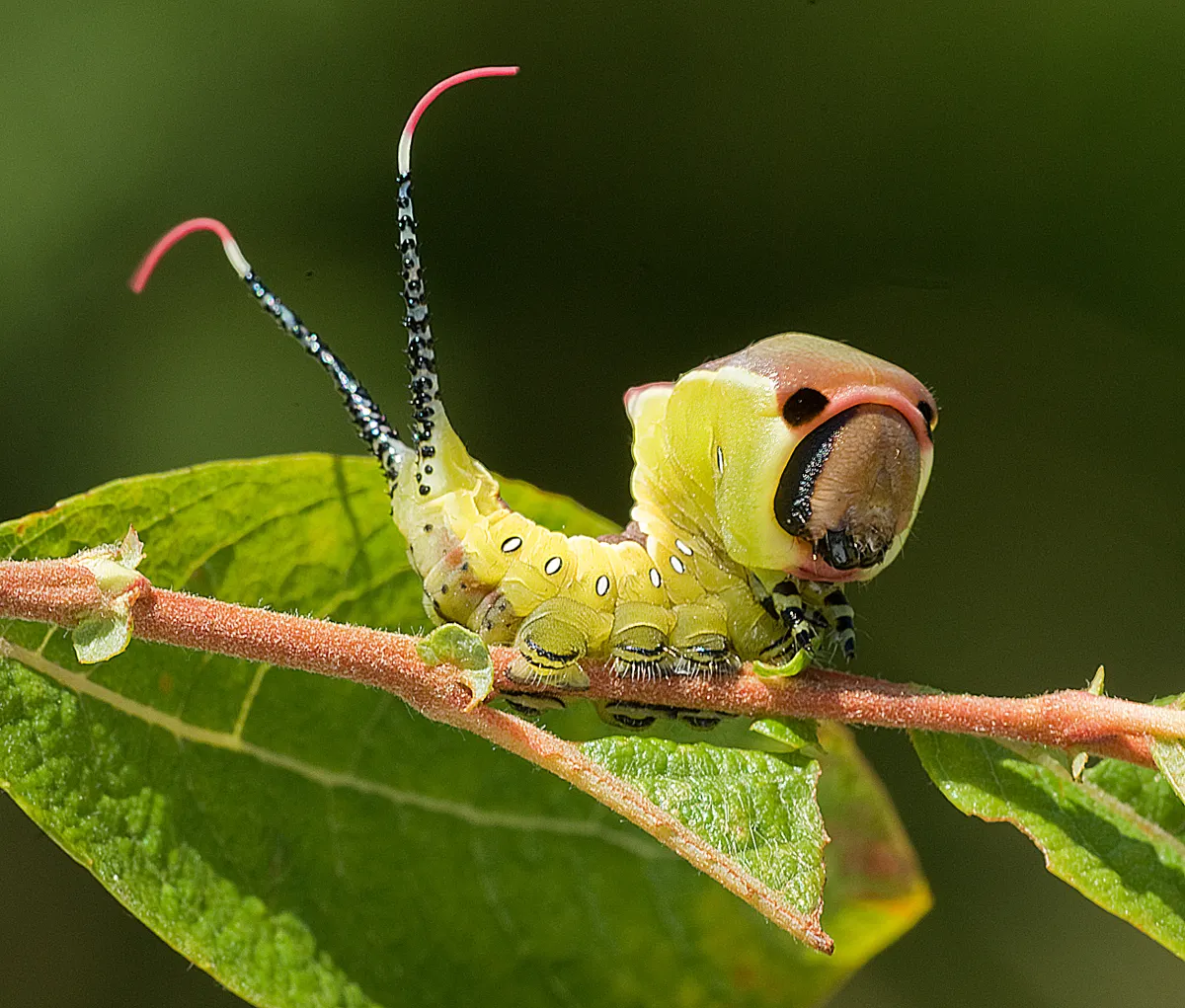A YouGov poll for wildlife charity Butterfly Conservation revealed that 64 per cent of people surveyed associated moths with eating clothes and 33 per cent with being pests.
Moths have long suffered an unfair reputation as the devourers of clothes, despite the fact that only two out of more than 2,500 UK species are known to regularly feed on fabric.
The research also found that 17 per cent of people thought that moths were ugly and 12 per cent believed they were scary.
On the positive side, some 21 per cent of people believed moths are important for the environment and 29 per cent thought they were interesting.
In a bid to make the UK mad about moths, Butterfly Conservation is launching Moths Matter, a campaign to overturn their unfair reputation.
Moths Matter will showcase moths as a key food source for many species, and an important pollinator, as well as highlighting and how fascinating and beautiful they are.
The UK boasts charismatic and beautiful moths: the death’s-head hawkmoth can squeak like a mouse, the mother shipton has a witch’s face on its wings and the caterpillar of the puss moth can shoot acid out of its chest.

“We are not that surprised by the findings. People may think of a few times a large moth has startled them and then write them off as annoying or unnecessary; that is wholly unfair,” says moth scientist Dr Phil Sterling.
“Think of the hummingbird hawk-moth – it is a thing of beauty as it feeds so precisely in each flower. Each of the 2,500 species tells a different story about the natural world of moths around us. Most of them get on with their lives at night and we don’t see them, but they are important to us, they pollinate many plants and they tell us about how the world is changing around us.”
Moths are essential pollinators for some plants, including several of the UK’s orchids, and they may act as pollinators for a much wider range of plants than has been realised, possibly even some crops.
Some moths are much more mobile than bees and can dispense pollen over larger distances.
Moths and their caterpillars are important food for many other species, including amphibians, small mammals (such as bats) and many bird species.
The UK’s moths are in trouble, two-thirds of preciously common and widespread species have declined in the last 40 years.
Butterfly Conservation’s Moths Matter campaign will focus on a different theme each month, from spotting springtime caterpillars, planting a garden to attract night-flying visitors, to hunting for hawk-moths in hedgerows.
Main image: Hummingbird hawk moth. © Steve Maskell/Butterfly Conservation.